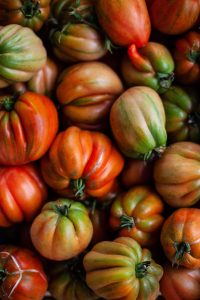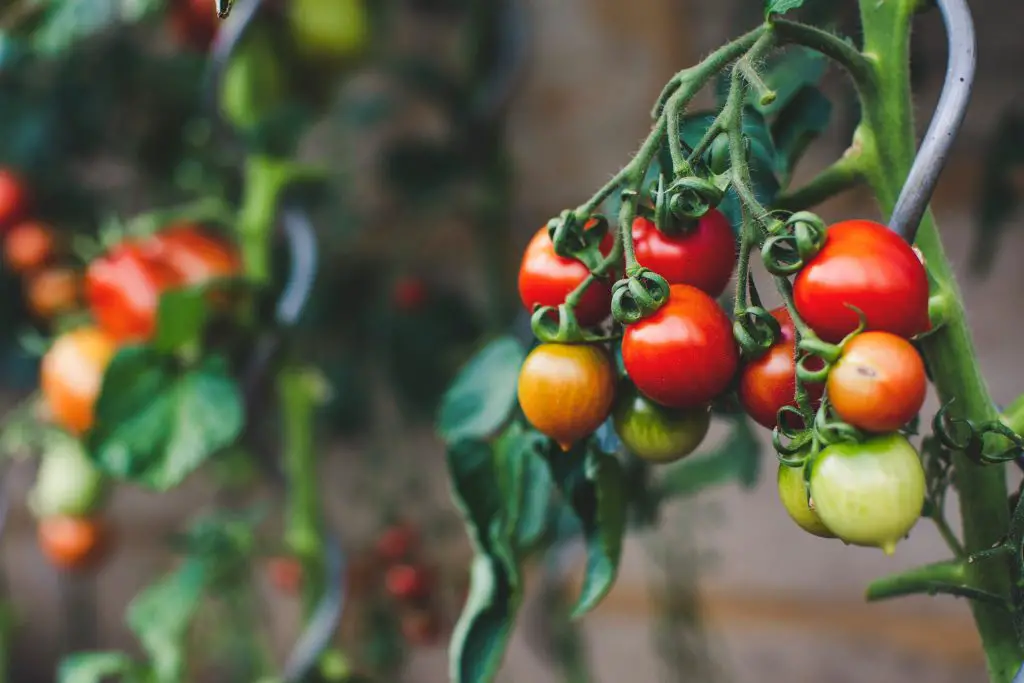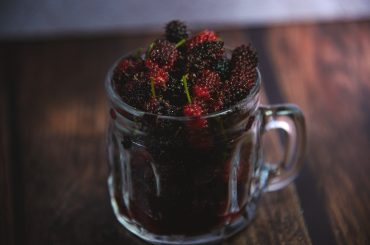Possums are fascinating creatures that are known for their adaptability and resourcefulness. They are omnivorous animals that eat various foods, including fruits, vegetables, insects, and small animals. However, as many gardeners and farmers know, possums can also be quite destructive, and their fondness for certain crops can lead to significant damage. In this article, we’ll take a closer look at the possum diet and explore the question that many people are asking: do possums eat tomatoes? We’ll examine the evidence and provide some insights into how possums might interact with this popular garden crop, as well as offer some practical tips for preventing damage and keeping your tomatoes safe.
Contents
What are Possums?
Possums are marsupials native to Australia and nearby islands, although they have also been introduced to other parts of the world. They are known for their distinctive appearance, with a long, pointed snout, sharp teeth, and a prehensile tail that can be used to grip onto branches and other objects. Possums have thick fur that can be gray, brown, or black, with a lighter underbelly.

Possums are primarily nocturnal animals, meaning they are most active at night. During the day, they sleep in tree hollows or other sheltered areas. They are arboreal animals, meaning they spend most of their time in trees, although they also come down to the ground to forage for food.
As omnivores, possums eat a wide range of foods. Their diet can include fruits, vegetables, nuts, seeds, insects, small animals, and carrion. They are known for their ability to adapt to various environments and food sources, which has helped them thrive in many different parts of the world.
Possums are found in various habitats, including forests, woodlands, and suburban areas. They are adaptable animals that can live in both rural and urban environments. In some parts of the world, possums are considered pests because they can cause damage to gardens and crops. However, they also play an important ecological role, as they help to control insect populations and serve as prey for other animals.
Tomatoes: A Favorite Food of Possums?
Tomatoes are a popular garden crop that many people around the world enjoy. Unfortunately, they are also a favorite food of possums, which can cause significant damage to tomato plants and fruits. So why are possums so attracted to tomatoes, and what nutritional value do they offer these animals?
One reason that possums are drawn to tomatoes is that they are a source of water, which can be especially important in dry environments. Tomatoes are also rich in nutrients like vitamin C, potassium, and fiber, which can provide possums with important nutrition. In addition, the juicy flesh of ripe tomatoes can be especially appealing to possums, which the scent and texture of the fruit may attract.
For possums, eating tomatoes can offer several benefits. For example, tomatoes’ fiber can help promote healthy digestion and regularity, while vitamin C can support a healthy immune system. Additionally, the potassium in tomatoes can help to regulate blood pressure and support heart health.

However, it’s important to note that while tomatoes can offer some nutritional benefits to possums, they should not be the only food source for these animals. Possums require a diverse diet that includes a range of fruits, vegetables, and protein sources to thrive. And while tomatoes can be a nutritious addition to their diet, they should not be relied upon as a primary food source.
Potential Problems with Possums Eating Tomatoes
While possums may enjoy eating tomatoes, their appetite for this garden crop can cause many problems for farmers, gardeners, and homeowners.
- Crop damage: Possums can cause significant damage to tomato plants, especially when they feed on the fruits themselves. They may also dig up or trample young plants, leading to stunted growth or death.
- Disease transmission: Possums can carry diseases like salmonella and leptospirosis, transmitted through their droppings and urine. If possums eat tomatoes in a garden or crop field, they may leave behind contaminated waste that could pose a health risk to humans or other animals.
- Pest attraction: Possums may attract other pests to the garden or crop field, such as rats or mice, which can further damage plants and spread disease.
For these reasons, many people may want to discourage possums from eating tomatoes. Several strategies can be used to deter possums, such as:
- Fencing: Installing a sturdy fence around the garden or crop field can help to keep possums out. To prevent digging, the fence should be at least 4 feet tall and buried at least 6 inches underground.
- Repellents: There are a variety of natural and commercial repellents that can be used to deter possums, such as garlic or chili pepper sprays, motion-activated sprinklers, or electronic repellent devices.
- Habitat modification: Removing potential shelter sites, such as woodpiles or brush piles, from the area around the garden or crop field can discourage possums from setting up residence there.
How to Prevent Possums from Eating Tomatoes
Possums can be a nuisance for gardeners and farmers trying to grow tomatoes. Fortunately, several strategies can be used to prevent possums from eating tomatoes and other crops. Here are some practical tips to consider:
- Install a fence: One of the most effective ways to keep possums out of a garden or crop field is to install a sturdy fence. To prevent digging, the fence should be at least 4 feet tall and buried at least 6 inches underground. Electric fencing can also be effective in deterring possums.
- Use repellents: There are a variety of natural and commercial repellents that can be used to discourage possums from eating tomatoes. These include garlic or chili pepper sprays, motion-activated sprinklers, and electronic-repellent devices.
- Remove potential shelter sites: Possums are attracted to areas with potential shelter sites, such as woodpiles or brush piles. By removing these from the area around the garden or crop field, gardeners can make the area less attractive to possums.
- Use netting: Covering tomato plants with netting can also help to prevent possums from accessing the fruits. The netting should be secured tightly to the ground to prevent possums from crawling underneath.
While these strategies can be effective in preventing possums from eating tomatoes, there are some pros and cons to consider. Fencing and netting can be costly, time-consuming, and impractical for larger areas. Repellents can be less expensive but must be reapplied frequently to remain effective. Removing potential shelter sites can help to discourage possums from the area but may not be practical in all situations.
Do possums eat tomatoes?
In conclusion, possums are omnivorous animals with a wide-ranging diet, including tomatoes. While tomatoes are not necessarily a favorite food of possums, they may still be attracted to them, particularly if other food sources are scarce. However, possums eating tomatoes can cause problems for gardeners and farmers, as they can damage crops and spread disease.

Several strategies can be used to provent possums from eating tomatoes, including installing fences, using repellents, removing potential shelter sites, and using netting. Each method has pros and cons, and gardeners and farmers may need to experiment with different strategies to find what works best for their situation.
In answer to the question posed in the introduction, possums eat tomatoes, but it is not their primary food source. If left unchecked, however, possums can cause significant damage to tomato plants and other crops.
Understanding the habits and behaviors of possums is important for managing their impact on gardens and crops. By deterring possums from eating tomatoes and other crops, gardeners and farmers can protect their harvest and minimize the risk of disease transmission.
More Posts :
Is it Really Bad Luck to Kill a Grasshopper? Debunking the Myth in 2023





